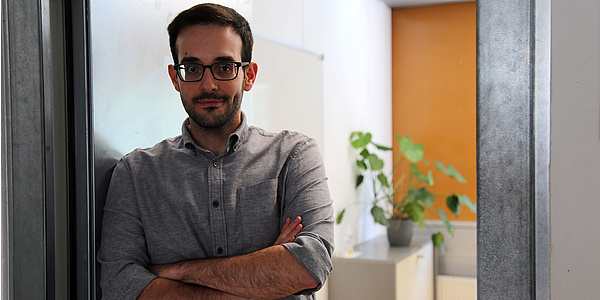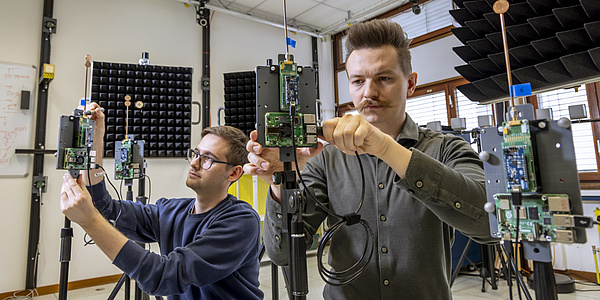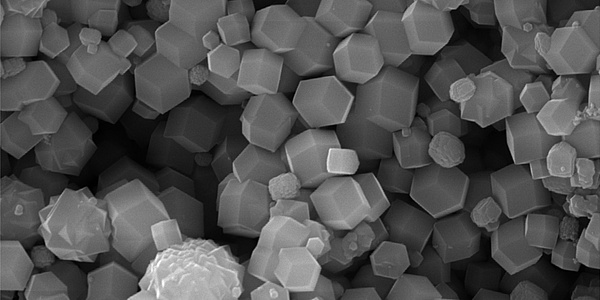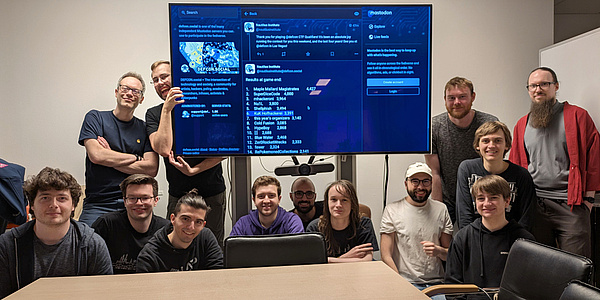TU Graz opens up new avenues in lung cancer research with digital cell twin

An enhanced computer model is now helping to provide fresh insights into cancer-cell growth and how it can be stopped. The digital cell model represents another step towards individualised cancer…









